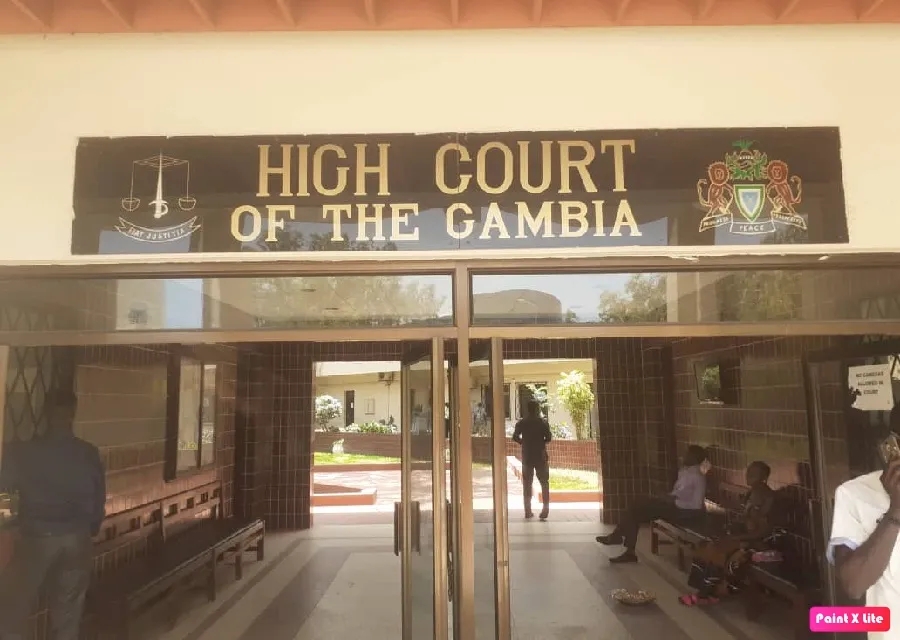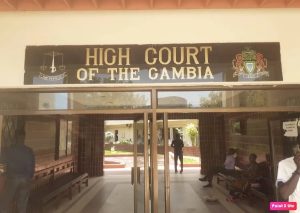Gambiaj.com – (BANJUL, The Gambia) – The Supreme Court of The Gambia has adjourned a high-profile case challenging the constitutionality of the country’s ban on female circumcision, giving the applicants time to secure legal representation.
The case, spearheaded by Almameh Gibba, National Assembly Member for Foni Kansala, and seven others, seeks to decriminalize female circumcision, a practice deeply rooted in some cultural and religious traditions in The Gambia.
The five-member panel of judges, presided over by Chief Justice Hassan B. Jallow, emphasized the need for all parties to be adequately represented in the proceedings. The case has been rescheduled for the next Supreme Court term.
The Case
The applicants include Almameh Gibba, Yassin Fatty, Nano Jawla, Kadijatou Jallow, Concerned Citizens, the Islamic Enlightenment Society, the Women’s Association for Islamic Solidarity, and a group known as Gambian Women are Free to Choose. Some of the applicants, such as Yassin Fatty, Nano Jawla, and Kadijatou Jallow, were convicted by the Kaur Magistrate’s Court for engaging in female circumcision.
At the heart of the case is the contention that the 2015 amendment to the Women’s Act of 2010, which criminalizes female circumcision through the insertion of Sections 32A and 32B, violates several provisions of the 1997 Gambian Constitution. These include Sections 17 (1) and (2), 25 (1) (c), 28 (1) and (2), 32, and 33 (2) and (3), which guarantee fundamental rights and freedoms.
The applicants argue that the amendment was enacted beyond the National Assembly’s legislative authority and is therefore unconstitutional, null, and void.
They have requested the court to declare the 2015 amendment inconsistent with the Constitution and strike it down, to reinstate Section 32 of the original Women’s Act of 2010, which did not prohibit female circumcision and to nullify the National Assembly’s act of passing the Women’s (Amendment) Act 2015 as being ultra vires.
Background
The debate over female circumcision has been contentious in The Gambia. In March 2024, Honourable Gibba introduced a bill in the National Assembly seeking to repeal the ban on female circumcision, citing its cultural and religious significance.
However, the bill was decisively rejected in July 2024 after the National Assembly adopted a report by its Health and Gender Committee.
Undeterred, Gibba and his allies turned to the Supreme Court, seeking a judicial interpretation that could potentially overturn the legislative ban.
Current Status
During the initial hearing, Honourable Gibba expressed readiness to represent himself. However, the other applicants requested additional time to secure legal counsel. The court granted their request, emphasizing the importance of comprehensive representation in such a significant constitutional matter.
The outcome of this case could have far-reaching implications for the intersection of law, culture, and human rights in The Gambia.
The next hearing is expected to bring clarity to the constitutionality of the current law, as well as its alignment with the rights enshrined in the 1997 Constitution.










